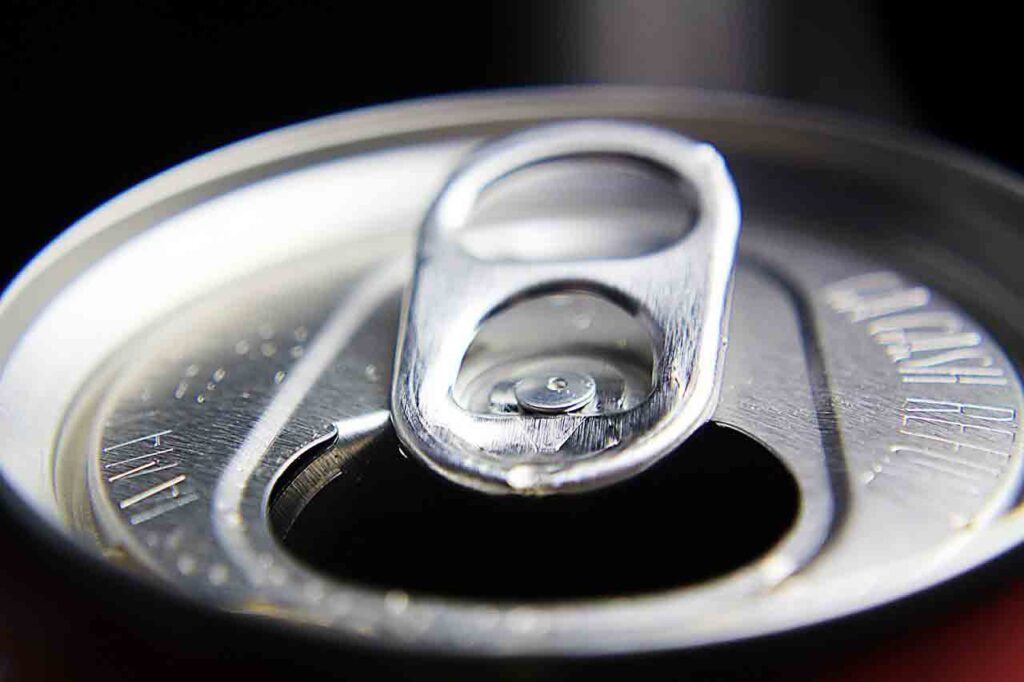The Hidden Cardiac Risks of Energy Drinks: New Research Unveils Serious Health Concerns
Hidden cardiac risks energy drinks research health concerns
Introduction: Hidden cardiac risks energy drinks research health concerns
Energy drinks have become a ubiquitous part of modern life, promising quick bursts of energy and sharper focus. Popular among students, professionals, and athletes alike, these beverages claim to fight fatigue and enhance performance. However, the glittering promises are increasingly overshadowed by a growing body of evidence linking energy drinks to serious health concerns, particularly their impact on the heart. New research reveals troubling connections between energy drink consumption and harmful cardiac effects, raising important questions about safety and regulation.
Understanding Energy Drinks: Ingredients and Claims
Energy drinks contain a potent blend of ingredients designed to stimulate the body and mind. Among the primary components are caffeine, often in high concentrations, along with sugar, taurine, guarana, and various B vitamins. The combined effect of these substances is marketed as a quick and powerful solution to combat tiredness and improve mental alertness.
These drinks are often targeted at young adults and athletes, with branding that emphasizes energy, endurance, and peak performance. However, the aggressive marketing often downplays or omits critical health information, leading consumers to underestimate potential risks. As a result, these beverages have ingrained themselves in routines despite growing concerns from healthcare professionals.
The Science Behind Cardiac Risks
The stimulating nature of energy drinks comes with significant cardiovascular implications. Caffeine, the primary stimulant, increases heart rate and raises blood pressure, putting extra stress on the cardiovascular system. While moderate caffeine consumption is generally safe, excessive intake—especially in combination with other stimulants like taurine—can disrupt normal heart rhythms. This can lead to arrhythmias, where the heart beats irregularly, or tachycardia, characterized by an abnormally high heart rate.
Energy drinks are also associated with hypertension, as they narrow blood vessels and force the heart to pump harder. The cumulative effect of frequent consumption places undue strain on the heart, which, over time, can escalate into chronic cardiovascular issues.
New Research: Key Findings and Implications
Recent studies have shed new light on the severity of cardiac risks tied to energy drinks. Research published in peer-reviewed medical journals highlights correlations between energy drink consumption and adverse cardiac events, including sudden heart attacks. One study found that even healthy young adults experienced significant changes in heart function after consuming moderate quantities of these beverages.
Long-term consumption can exacerbate these effects, increasing the likelihood of chronic heart conditions such as cardiomyopathy and arterial stiffness. Additionally, real-life case reports of individuals collapsing after drinking multiple cans of energy drinks illustrate the immediate danger these products can pose.
The Vulnerable Populations: Who is Most at Risk?
While energy drinks can negatively impact anyone, certain groups are particularly susceptible. Teenagers and young adults, who are more likely to consume these products, face heightened risks because their cardiovascular systems are still developing. Athletes, driven by the promise of improved performance, may unknowingly overburden their hearts when combining energy drinks with intense physical activity.
Individuals with pre-existing heart conditions are especially vulnerable, as energy drinks can aggravate their symptoms. Furthermore, mixing energy drinks with alcohol or medication amplifies these dangers, often leading to unpredictable and dangerous outcomes.
Regulatory Actions and Industry Response
In response to the mounting evidence, regulatory bodies in several countries have begun implementing stricter controls on energy drinks. Some governments have introduced caffeine limits and age restrictions, while others require manufacturers to display clear health warnings on product labels. Yet, these measures vary significantly from one region to another, leaving gaps in consumer protection.
The energy drink industry has largely resisted tighter regulations, defending their products by citing the popularity of other caffeine sources like coffee. Despite the pushback, health advocacy groups continue to call for stricter oversight, emphasizing the need for comprehensive legislation to protect vulnerable populations.
Healthier Alternatives to Energy Drinks
For those seeking sustainable energy without the risks, there are healthier alternatives. Staying hydrated, consuming nutrient-dense foods, and maintaining regular physical activity are natural ways to boost energy levels. Caffeine lovers can also opt for green tea or matcha, which provide gentler stimulation along with antioxidants.
Developing healthy lifestyle habits is a more effective long-term strategy for maintaining energy and focus. Encouraging moderation and balanced routines can help individuals avoid the pitfalls of relying on artificial stimulants for daily performance.
Conclusion
The allure of energy drinks, with their promises of vitality and mental sharpness, belies the serious health risks they pose. New research underscores the urgent need to address the cardiac dangers associated with these beverages, particularly for vulnerable populations like young adults and individuals with heart conditions. Greater awareness, stricter regulations, and healthier lifestyle choices are essential in curbing the negative impact of energy drinks on public health. As the debate continues, it becomes clear that caution and informed consumption are paramount to safeguarding our well-being in a fast-paced world.







